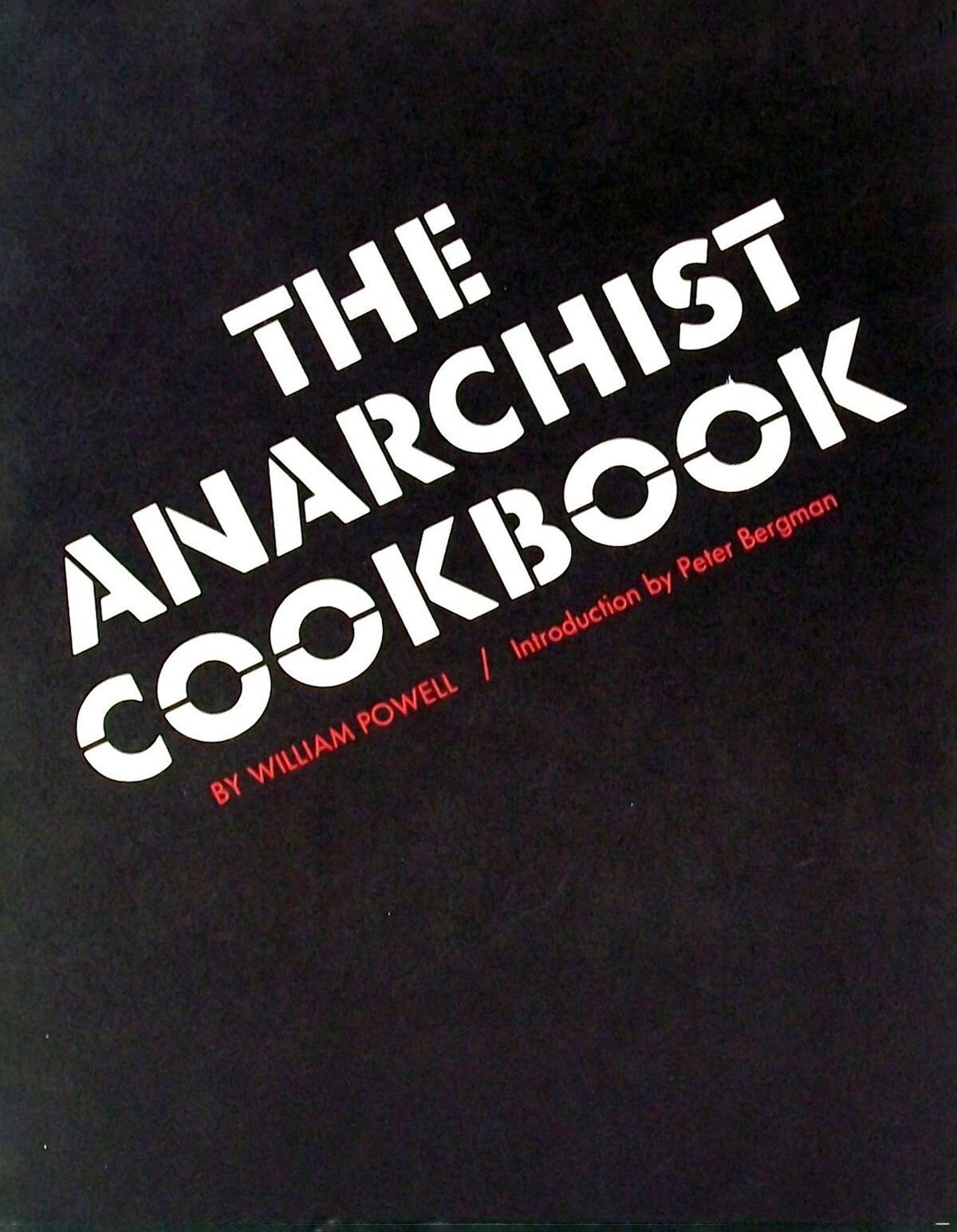I'm not at all persuaded by the Americanism-Apologists who simply respond by suggesting The Unpersuaded are just a bunch of reactionary stuffed shirts who are against the further development of the English language. What an absurd misapprehension!
There are plenty of welcome foreign additions to our language which are meaningful and now well-established such as, say, 'a la carte' and 'angst'. Such words serve a useful purpose and add an undoubted richness to the language.
The now regular adoption of Americanisms, to often replace perfectly adequate and already widely-used English alternatives, are of a quite different order. It appears the only reason that such words and phrases are introduced is because these are American. For example, replacing 'to get a grip of'' with the strange-sounding 'to get a handle on' is a clear impoverishment of the language not an enrichment, surely.
It's time to get real you guys at the BBC ...

There are plenty of welcome foreign additions to our language which are meaningful and now well-established such as, say, 'a la carte' and 'angst'. Such words serve a useful purpose and add an undoubted richness to the language.
The now regular adoption of Americanisms, to often replace perfectly adequate and already widely-used English alternatives, are of a quite different order. It appears the only reason that such words and phrases are introduced is because these are American. For example, replacing 'to get a grip of'' with the strange-sounding 'to get a handle on' is a clear impoverishment of the language not an enrichment, surely.
It's time to get real you guys at the BBC ...


 Oh, wait …
Oh, wait … 





Comment